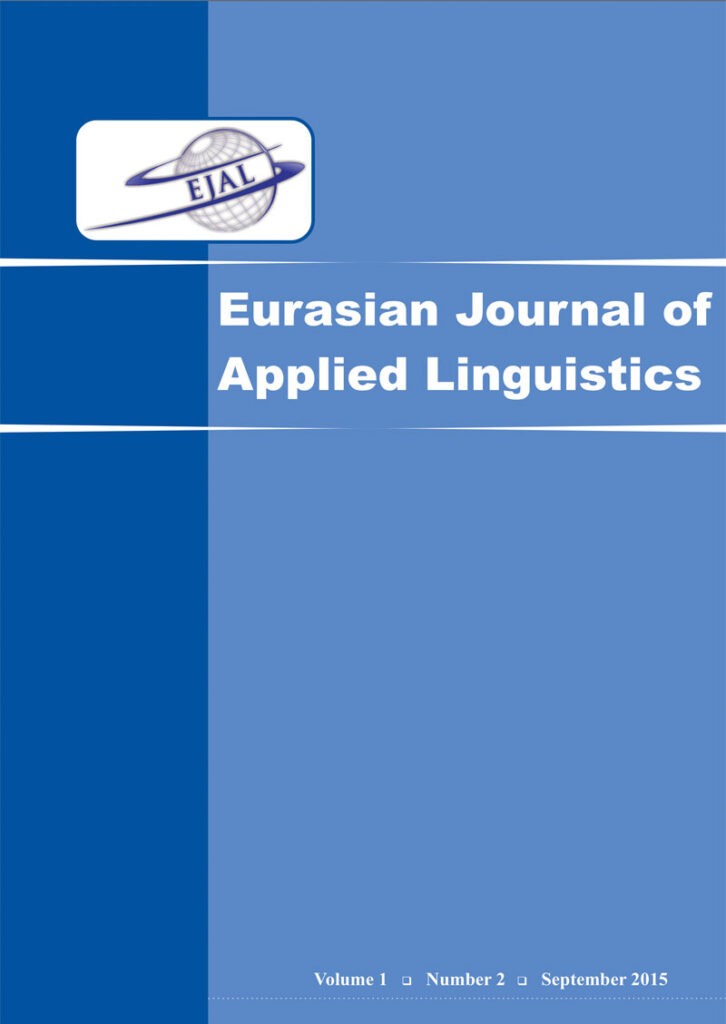Csaba Z Szabo
The Open University
The Open University
Keywords: Vocabulary size, cognates, lexical access, response time, multilingualism, mental lexicon, VST, L1, L2 and L3
Abstract
Recent empirical findings in the field of Multilingualism have shown that the mental lexicon of a language learner does not consist of separate entities, but rather of an intertwined system where languages can interact with each other (e.g. Cenoz, 2013; Szubko-Sitarek, 2015). Accordingly, multilingual language learners have been considered differently to second language learners in a growing number of studies, however studies on the variation in learners’ vocabulary size both in the L2 and L3 and the effect of cognates on the target languages have been relatively scarce. This paper, therefore, investigates the impact of prior lexical knowledge on additional language learning in the case of Hungarian native speakers, who use Romanian (a Romance language) as a second language (L2) and learn English as an L3. The study employs an adapted version of the widely used Vocabulary Size Test (Nation & Beglar, 2007), the Romanian Vocabulary Size Test (based on the Romanian Frequency List; Szabo, 2015) and a Hungarian test (based on a Hungarian frequency list; Varadi, 2002) in order to measure vocabulary sizes, cognate knowledge and response times in these languages. The findings, complemented by a self-rating language background questionnaire, indicate a strong link between Romanian and English lexical proficiency.

